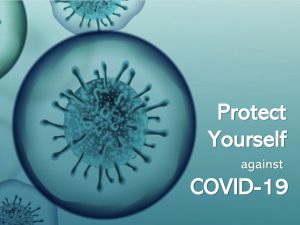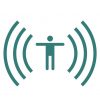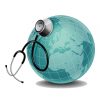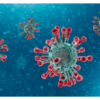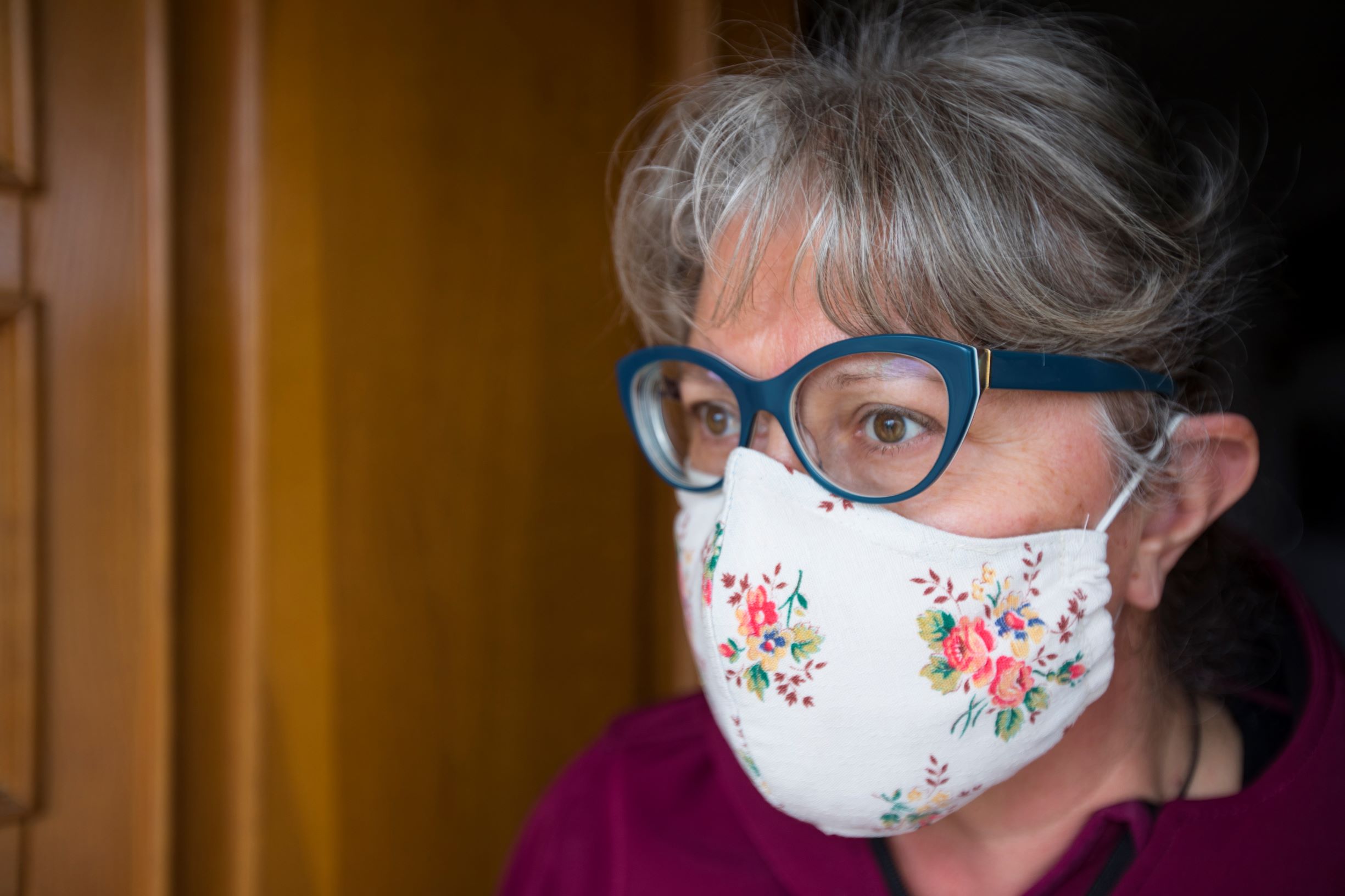
FACE MASKS AND COVID-19
One of the main ways that COVID–19 spreads is from exposure of heavy respiratory droplets from an infected individual. It is felt that the virus can remain airborne for about 1-3 hours following a cough or sneeze, and hence wearing of properly fitting hospital-grade face masks could potentially provide a barrier that might reduce inhalation of the heavy respiratory droplets that contain the virus. However, the use of home-made face (cloth) masks, in the general public is somewhat controversial.
Are there any scenarios where a homemade mask can/should be worn?
While, wearing homemade masks in the community has not been proven to protect the person wearing it, they may still help prevent the spread of the coronavirus by the following means:
- May be used as an additional measure to help cut down the spread of the novel coronavirus in situations where individuals can’t always ensure proper physical (social) distancing, i.e. may restrict distribution of respiratory droplets between individuals in close spaces
- By covering both mouth and nose with a homemade mask, it will help prevent the spread of respiratory droplets from contaminating others and surfaces, and help reduce viral spread
- Reports show that the coronavirus can live in droplets in the air for up to one to three hours after an infected individual has left an area. Face masks will help prevent these droplets from getting into the air and infecting others
- Homemade masks could be worn over a medical mask to help extend the use/reuse of the medical mask
- Homemade masks may be helpful in reducing the spread of heavy respiratory droplets during physical activity such as walking, running, and biking
Pros and cons of wearing a homemade mask
Pros:
- Homemade masks may restrict the distribution of respiratory droplets in the atmosphere and could potentially reduce the spread of COVID–19
- They are cheap and easy to make
- All family members can readily be supplied with masks
- Homemade mask can be fashioned with pockets to insert other masks or filters to improve effectiveness
- Cloth mask can be easily washed and kept clean and reused several times
Cons:
- Non-medical masks have limitations with regards to blocking inhalation of viral particles
- Prolonged wearing of any mask can lead to moisture buildup on the inside of the mask, which can encourage the growth of bacteria and viruses, and lead to other types of infections
- Frequent handling/re-positioning of the outside of the mask can lead to either contamination of the fingers and hands from a dirty mask, or vice versa, contamination of the mask with dirty hands
- Homemade masks may create a false sense of security, that may encourage some to ignore social distancing, or frequent hand washing
Important considerations while wearing a mask
- Wash your hands immediately before putting on any mask and immediately after taking it off
- To avoid contamination, do not handle the mask excessively while it is being worn (in addition to practicing good hand hygiene while wearing it)
- Ensure that the mask fits well on your face, without gaping spaces
- Do not wear a mask for extended periods of time without changing or washing them
- Typically, if it is necessary to wear throughout the day, it should be changed approximately every 4 hours or sooner if the mask becomes damp or soiled
- Wash a homemade mask regularly
- Masks should not be shared with others
- Keep all used face masks separately and wash separately from other garments
- To avoid spread within the environment and contaminating others, discard all medical and non-medical masks directly into a garbage bin
Should the public purchase a supply of surgical masks?
Currently, there is a shortage of personal protective equipment (including masks) to supply front-line health professionals dealing with COVID–19 patients in the emergency room, ICU, in-patient units, nursing home/long-term care facilities. For the public, privately purchasing surgical masks, will only add to the shortage of masks currently available for those on the front lines. Hence, hospital/surgical face masks and respirators (like N95 masks), must be kept for healthcare workers and others providing direct care to COVID-19 patients.
For detailed information on the wearing of face masks please click here and remember to stay safe.

